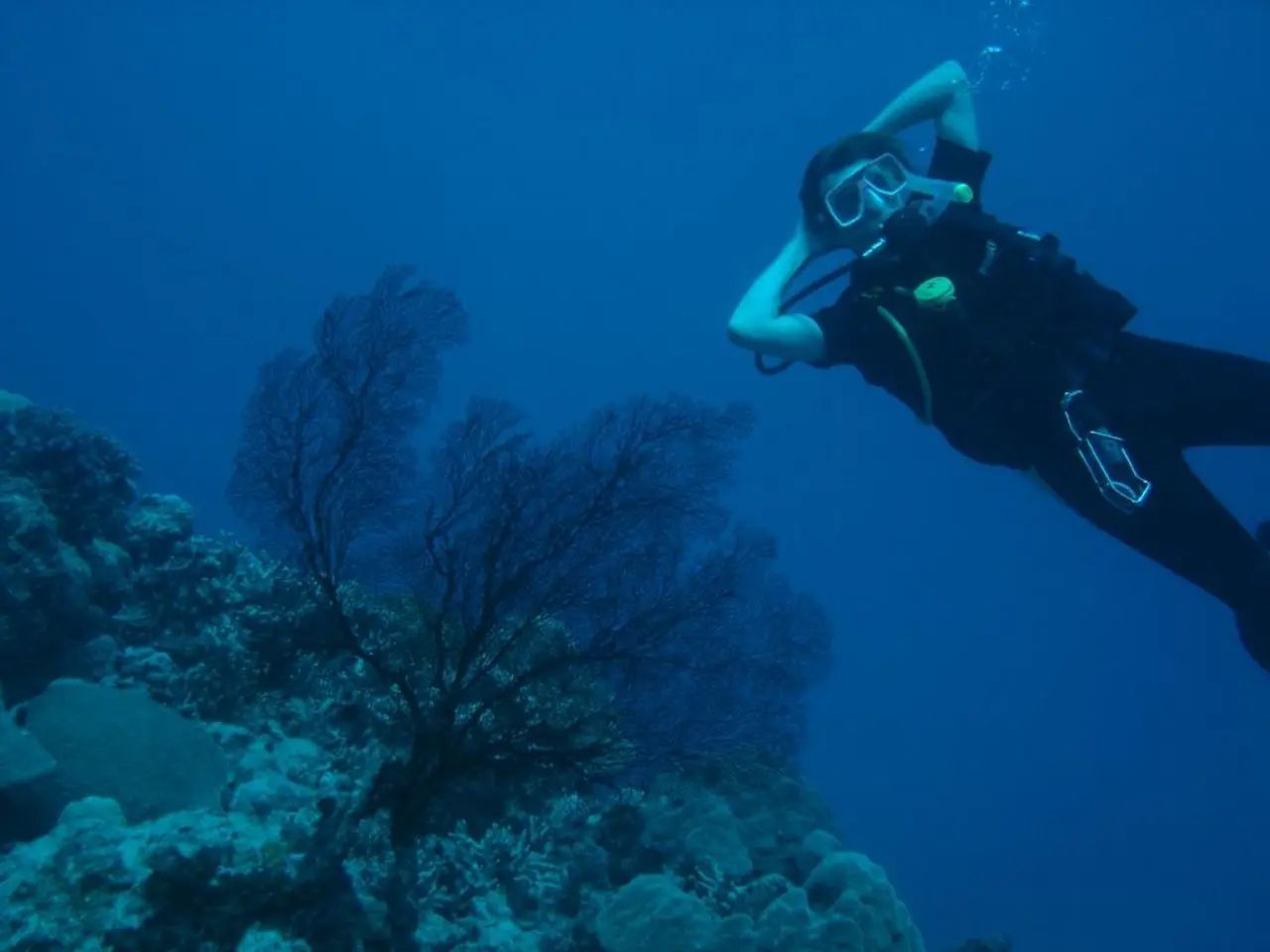Investigative Findings Highlight Avertable Causes in the Catastrophic Sinking of Titan Submarine
The U.S. Coast Guard's investigation into the June 2023 Titan submersible disaster, which resulted in the tragic loss of all five occupants, has concluded that the tragedy was preventable and primarily caused by OceanGate's inadequate design, certification, maintenance, and inspection processes for the submersible.
The report, spanning over 300 pages, criticizes OceanGate's workplace culture, describing it as "toxic" and alleging the use of intimidation tactics to evade regulatory scrutiny. This toxic environment, coupled with deficient corporate safety practices, led to the operation of the Titan outside established deep-sea safety protocols.
The investigation revealed that despite previous incidents raising concerns about the sub's safety, OceanGate continued its utilization without thorough assessments. The Titan imploded due to loss of structural integrity in the pressure vessel, with critical failures in engineering principles, insufficient testing, and a lack of meaningful analysis of the carbon fiber hull.
Jason Neubauer, chair of the Coast Guard Marine Board, emphasized the importance of heightened oversight and regulatory clarity for operators engaging in innovative explorations outside traditional frameworks. He underscored the need for stronger regulatory oversight and clear safety standards at both the domestic and international levels for persons or companies designing, building, or operating innovative submersibles.
The report also calls for better coordination among federal agencies and closing gaps in international maritime policies to enhance safety and accountability in deep-sea exploration. Additionally, it underscores the need to improve whistleblower protections under the Seaman’s Protection Act to ensure safety concerns are properly raised and addressed.
In response to the findings, OceanGate has ceased operations and committed resources to the complete cooperation with ongoing investigations. The company's leadership structure lacked necessary checks and balances, consolidating too much power within a single individual. If Stockton Rush, the founder of OceanGate and pilot during the Titan's critical voyage, had survived, he could potentially face criminal charges for contributing to the loss of life.
The Marine Board proposed 17 safety recommendations, including implementing stronger regulatory oversight for submersible operations and reassessing designations that allow submersibles to evade certification standards. The report also emphasizes the unpredictability and potential for insidious damage in carbon fiber materials at extreme depths, calling for increased scrutiny and regulation of companies like OceanGate, especially those engaging in deep-sea exploration.
Rob McCallum, an expert in deep-sea operations, echoed these concerns, stating that the failure was subjected to extreme water pressure of nearly 5,000 pounds per square inch. He highlighted the need for improved safety practices and adherence to established standards in submersible operations.
OceanGate expressed its condolences to the families affected by the incident and indicated its commitment to fully cooperate with the Coast Guard's inquiries. The company's future operations will likely be shaped by the recommendations outlined in the report, aiming to prevent similar tragedies in future deep-sea submersible operations.
[1] Coast Guard Investigates OceanGate Titan Disaster [2] Coast Guard Report Highlights Safety Concerns in Deep-Sea Submersible Operations [3] OceanGate Accused of Negligence in Titan Disaster [4] Expert Discusses Carbon Fiber Failure in Deep-Sea Submersibles [5] Coast Guard Marine Board Proposes Safety Recommendations for Deep-Sea Submersible Operations
- Despite the tragic May 2023 car accidents resulting in multiple casualties, it is crucial to question the effectiveness of safety measures in health-and-wellness and medical-conditions within vehicles.
- As the general news continues to highlight the importance of strengthening regulatory oversight in science, it is clear that the preventable submersible disaster of the Titan serves as a stark reminder for enhanced scrutiny and clear safety standards in health-and-wellness, particularly for firms engaging in innovative deep-sea exploration.
- The marine accident investigators demand better coordination among international agencies in addressing accidents like the Titan, urging the prioritization of whistleblower protections and adherence to safety guidelines in both health-and-wellness and science to avoid such tragedies and ensure accountability in future medical-conditions, accidents, and deep-sea exploration.




